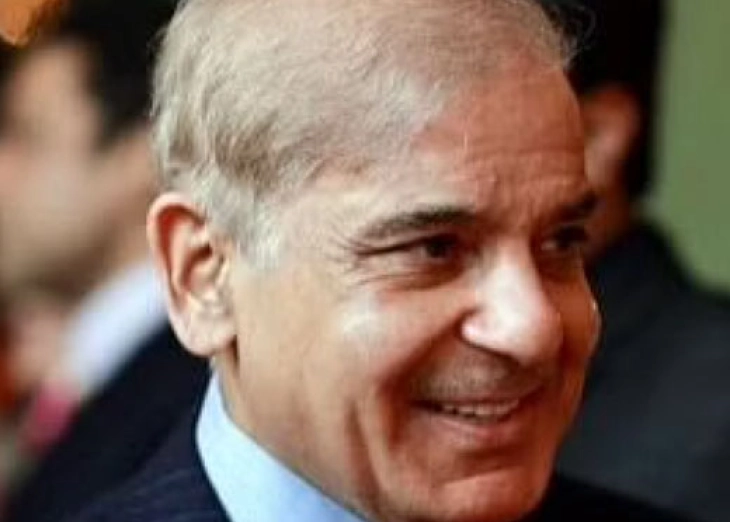Shehbaz Sharif elected Pakistan's new PM but political chaos endures
- Post By Nevenka Nikolik
- 15:00, 11 April, 2022

Islamabad, 11 April 2022 (dpa) – Pakistan's parliament on Monday elected opposition leader Shehbaz Sharif as the country's new prime minister after Imran Khan was removed in a no-confidence vote at the weekend.
But the nuclear-armed South Asian country's political turmoil showed little sign of easing after protesting lawmakers from Khan's party resigned en masse from parliament shortly before Sharif's selection.
Coup-prone Pakistan has faced challenges to its fragile democracy from frequent takeovers by powerful generals and abrupt end to elected parliaments in the past.
Shehbaz Sharif, younger brother of three-time former premier Nawaz Sharif, secured 174 votes in the 342-member National Assembly after a walkout by Khan's Pakistan Tehreek-e-Insaf party.
Those lawmakers were now expected to take their protest to the streets.
A 70-year-old cancer survivor, Sharif has been in politics since 1988 and has served as the chief minister of the country’s most populous and politically significant central province of Punjab.
After his election by parliament, Sharif said his government would focus on reconciliation in a society polarized by his predecessor’s policies and reviving a troubled economy.
“The economic challenges are huge and we need to make a way out of these troubles. We will have to shed sweat and blood to revive the economy,” said Shehbaz in a speech after the election.
Despite the move by Khan's party, Sharif's government will have a slight majority of support in parliament - so long as the political crisis does not deepen.
Sharif is known as one of the most workaholics politicians in Pakistan and many infrastructure projects - like highways, roads and monumental buildings in his ancestral city of Lahore - are seen as his doing.
"He is definitely a go-getter when it comes to building cities and infrastructure," said Irfan Shahzad, a political analyst from Eurasia Century Institute in the capital Islamabad.
Sharif is known as very close to the Chinese leadership, including President Xi Jinping, and has a relationship with Turkish President Reccep Tayyab Erdogan, too.
After days of high drama, on Sunday Khan became Pakistan's first leader to be removed through a no-confidence motion - the only constitutional way to oust a prime minister.
Khan became prime minister in 2018, promising to rebuild the troubled economy, eradicating corruption and undertaking judicial reforms.
But he could not deliver on his promises as the economy flattered, human rights situation worsened and censorship hit the free speech under him.
Khan had earlier blamed the United States of trying to change the regime because he chose to visit Moscow on the day the Russian troops started invasion in the neighbouring Ukraine.
In Washington, both the State Department and the White House had denied the US was trying a regime change in Pakistan.
Sharif said he would hold an investigation into Khan’s allegations through the national security of the parliament.
“I will step down if allegations turn out to be true,” he added.
Khan recently lost his parliamentary majority as allied groups and several lawmakers from his own party defected to the opposition, paving the way for his ouster.







